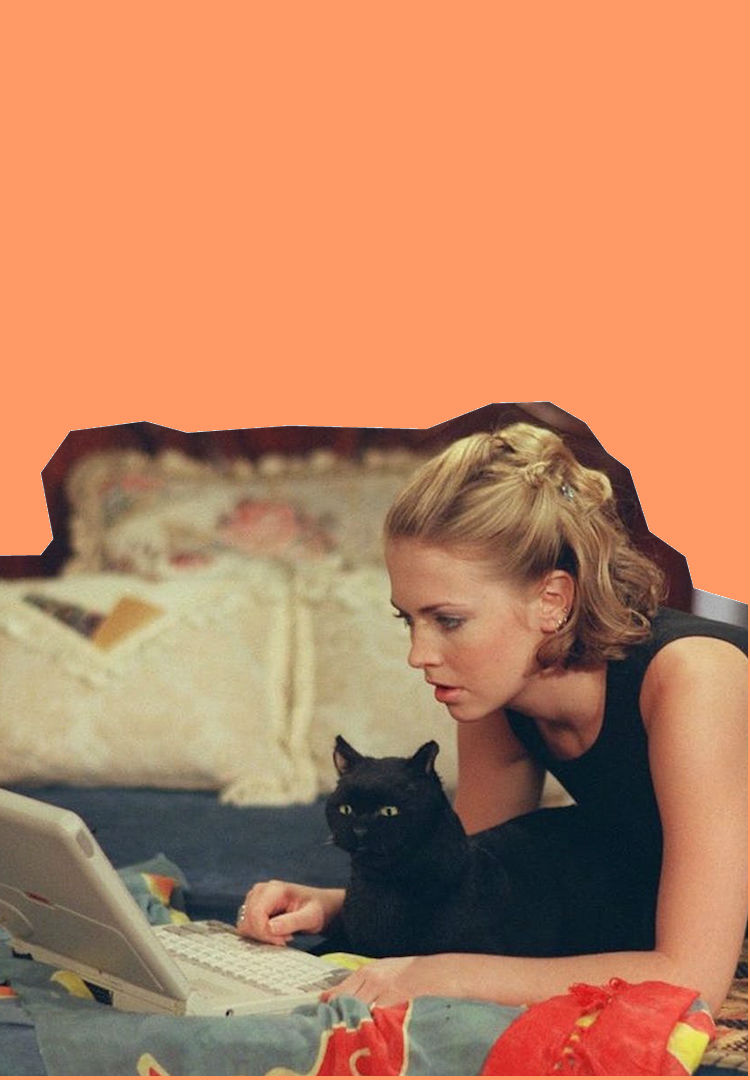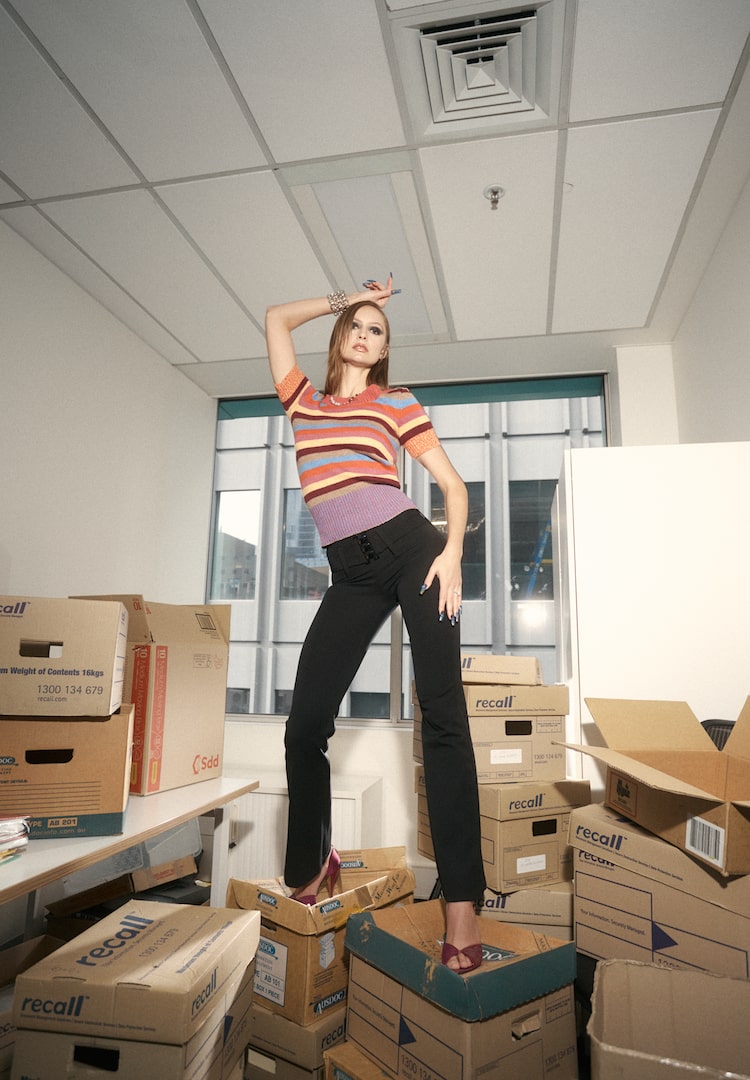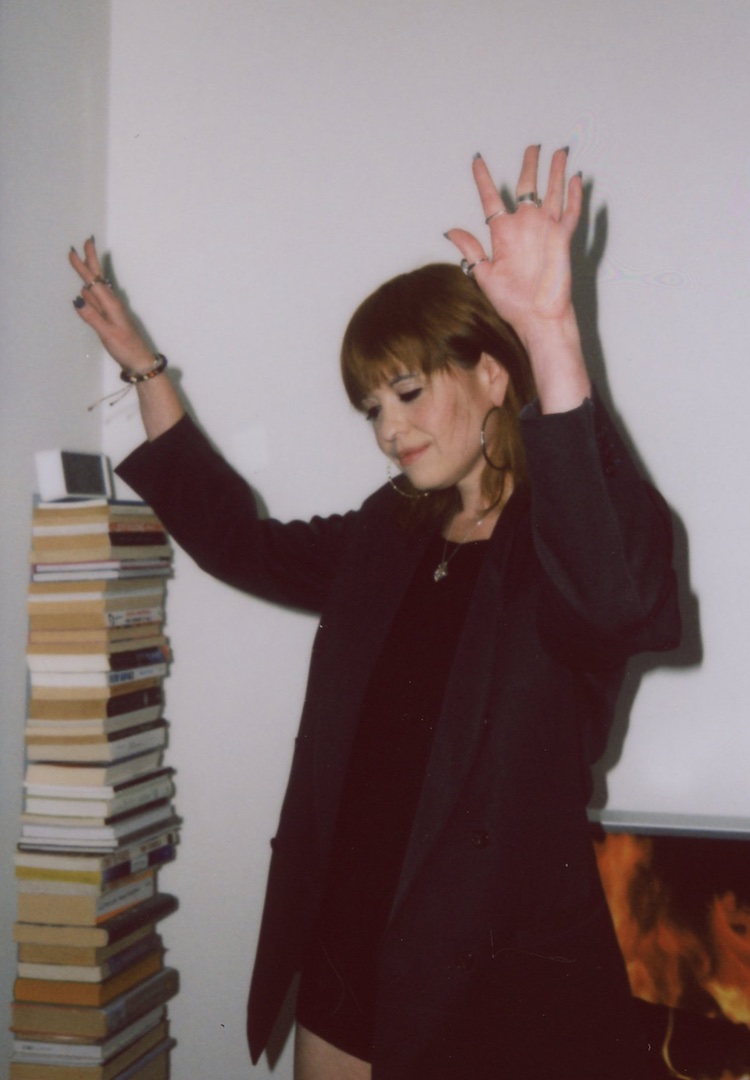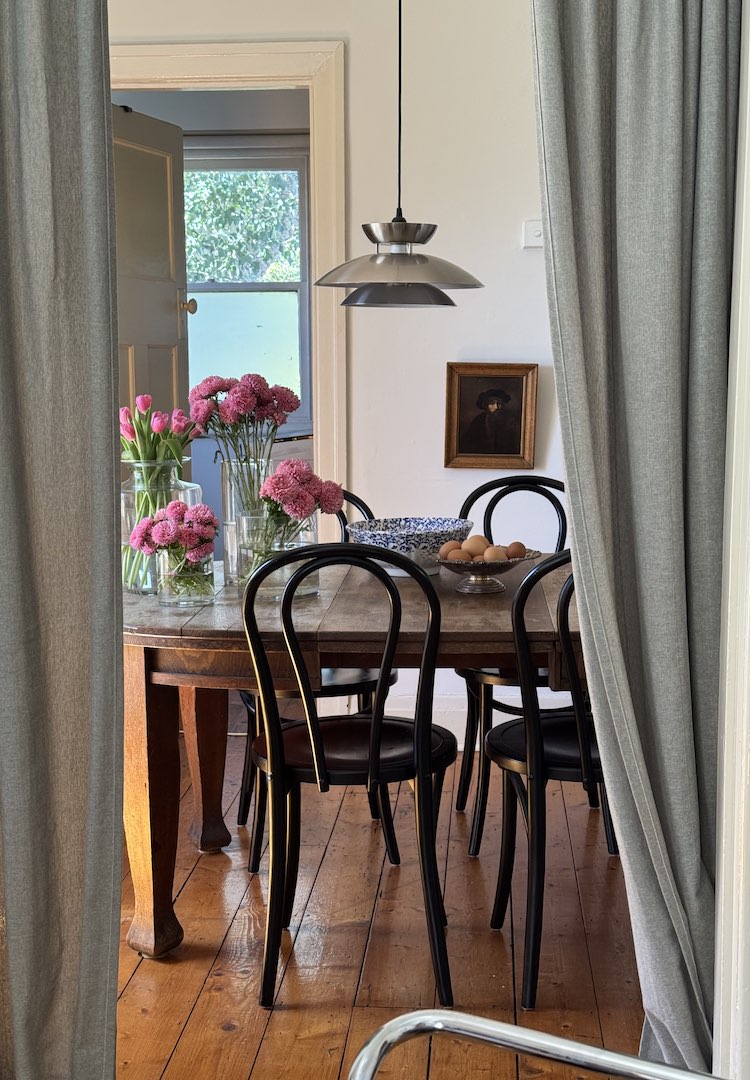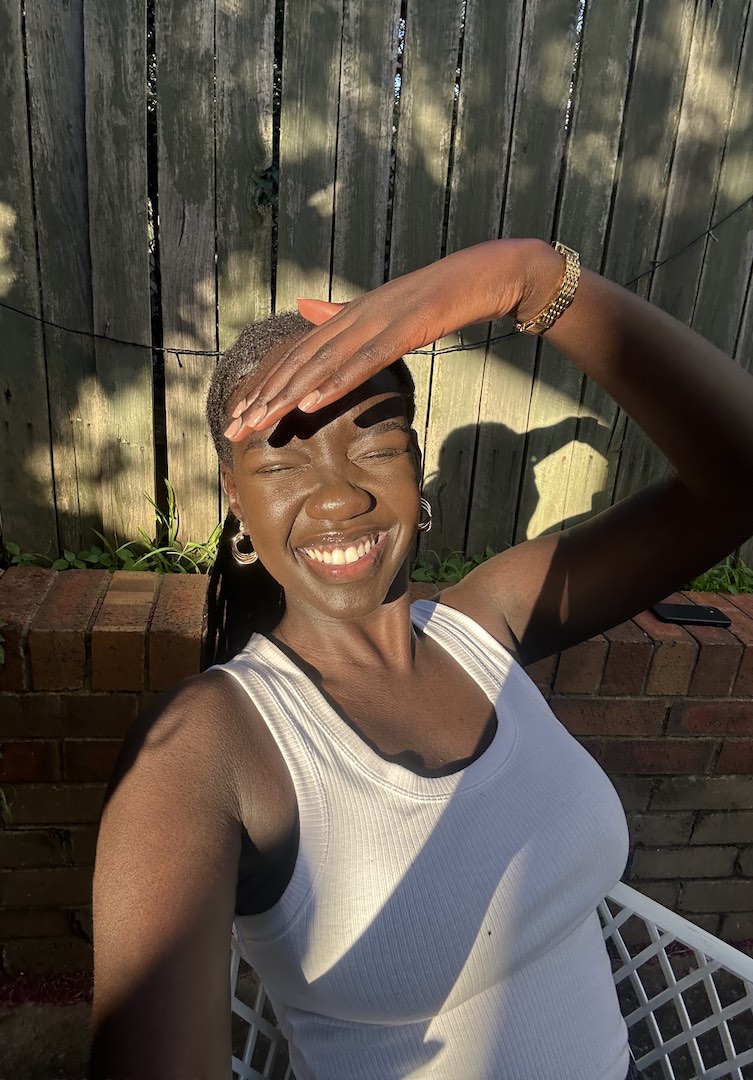Why don’t we take careers in social media seriously?
IMAGE VIA @MIGNOTTETAKESPICTURES/INSTAGRAM
WORDS BY TARIRO LISA MUKANDO
“What do you actually do?”
The first time my mum used the internet was when she was 35 years old. She ventured out into an unknown part of the Zimbabwean city she was living in with a friend to submit a job application at a ‘foreign’ place called the internet cafe. It was also the first time she created an email address and browsed the internet.
She didn’t really know how to use this new technology – she had done her schooling and started her career in nursing without it – but knew that it was a wave she wanted to get on. Whenever she’d visit the internet café to check on the status of her application she’d ask the woman working there to help her log on and navigate the net.
My dad’s experience is more or less the same. Growing up in Zimbabwe before the introduction and normalisation of the internet meant that my parents – now both in their mid-30s – had to adapt to a whole new way of doing things.
It was inconceivable to my parents that someone in Harare could send an email to someone in Berlin or Australia prior to knowing about the internet. Growing up in Australia and using the internet regularly at school meant that my brother and I were the resident IT experts and were consulted for all things tech-related.
The introduction of social media sites and their apps years later significantly changed the way people used the internet and widened the divide between my parents and technology. When I finished university and got a job at an eCommerce boutique that involved working in social media, my parents were sceptical about the prospects that lay before me.
My dad had dreamed that I’d be a famous journalist in Zimbabwe and he didn’t understand how working in social media would get me closer to that dream. My parents had also heard about the collapse of Myspace and Bebo and worried that eventually the interest in Facebook and Instagram would disappear and I’d be left jobless and without skills that would successfully transfer to other professions.
“Who uses the apps anyway?”
Billions of people use social media daily but working in social media still carries a lot of stigmas. A career in social media is considered frivolous, especially when coupled with the fact that I work in fashion, and for a multitude of reasons people like to dismiss the economic, cultural and political contributions of the fashion industry.
The idea that working in social media is a bit of fun before one gets a “serious” job is something I internalised when I first started in the industry. Having had dreams of being a member of the United Nations and winning a Nobel Peace Prize when I was younger, I was a little embarrassed telling people what I did because I didn’t think it mattered in the grand scheme of things and always made sure to tell people about my career ambitions post-social media so they didn’t think I wasn’t ambitious.
I felt a little shame taking pride in creating fun social concepts or reaching KPIs when I knew that some people’s entire careers centred around trying to stop world hunger and what I did didn’t significantly and meaningfully enrich other peoples’ lives or change the world. But I’ve come to realise that we can’t all be peacekeepers or doctors, some of us are better suited to use our skillset elsewhere.
This unlearning is also a result of simply being in the industry for a long time and knowing the day-to-day demands of this role. It can be physically and emotionally draining, especially when there’s a major event or movement happening and you’re unable to switch off because your career centres around you being online.
Being online during the height of the Black Lives Matter movement was particularly hard for me and I struggled to find the balance between being online enough to do my job well and being removed enough from social media for the sake of my mental health.
“What do you actually do?”
I remember being introduced to friends of friends who are doctors, engineers and nurses and feeling a little embarrassed when the topic of my career came up. Although no one explicitly said anything negative about what I did, I was offended by comments like “All you do is have fun” and “I wish my job was as relaxed as yours”.
There’s nothing inherently wrong with those comments, my job can be fun and sometimes it’s stress-free, but it’s the way in which people say them. There’s an assumption that working in social media requires very little effort and skill but there’s a lot that goes on behind the scenes to make everything shared look effortless.
Part of the problem – which I admit to contributing to – is not correcting assumptions. A lot of people don’t know what social media jobs entail so they’re left assuming that it just involves posting photos, responding to comments and sharing stories.
If you were to ask my parents what I actually do day to day they’d struggle to tell you. That’s not solely because they’re Boomers and have a basic understanding of social media, but because there’s a lot of vagueness surrounding social media careers. If you were to really pressure my parents for an answer they’d say “She’s on Facebook all day” and “She shares photos on Instagram”.
That’s not too far off the mark. In short, I leverage social media to create brand awareness and (ideally) convert that awareness into sales. I also do spend hours scrolling different platforms for inspiration and I post on Instagram so they’re not entirely wrong.
My parents still don’t understand the hype surrounding social media – WhatsApp is their app of choice – but they’ve since realised that social media is a bigger career prospect than they initially thought. My dad still wants me to be a famous journalist in Zimbabwe but now he knows how important Twitter (and all social media) is for journalists and would follow me on there if only he knew how.



